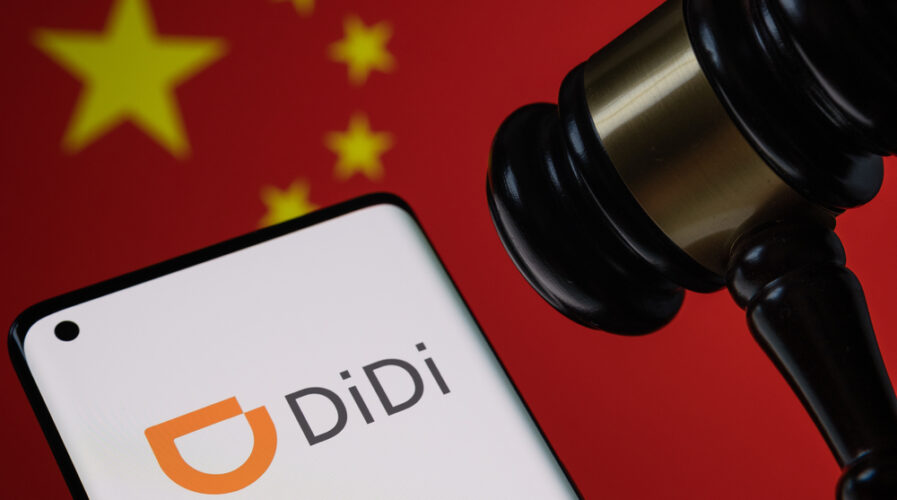
Didi has just been slapped with the largest fine issued in China for breaching data laws.
China to halt more tech companies’ overseas IPO
China plans to block IPO attempts by tech firms with large amounts of sensitive user data, dealing another blow to the ambitions of its largest digital companies, reported AFP.
The move will make it tougher for businesses to raise cash in the lucrative US markets and gives further control to the government as it presses on with its regulatory clampdown on private industries.
China’s stock market regulator has proposed targeting tech firms eyeing for an IPO, even via a legal loophole that allows them to use a unit registered abroad, the Wall Street Journal said, citing sources familiar with the matter.
Officials from the China Securities Regulatory Commission said that even firms in less sensitive sectors would need regulatory approval for IPO listings overseas, the report said.
The developments come weeks after Chinese ride-hailing giant Didi Chuxing was investigated for “cybersecurity issues”, shortly after a bumper New York listing.
Similar cybersecurity investigations were announced on the platforms of two more US-listed Chinese firms a day later.
After the Didi probe was announced, China’s cybersecurity watchdog published draft rules that mandated tech firms with more than a million users to seek regulatory approval before listing overseas.
The move is “not surprising given that data security is a key issue that will likely be brought up as the US and China potentially restart discussions on auditing oversight of US IPOs“, Marvin Chen, an analyst at Bloomberg Intelligence, said.
The US Securities and Exchanges Commission said in July that it would increase scrutiny of Chinese companies looking at US IPOs.
Despite the regulatory hurdles, US listings, in particular, remain attractive to Chinese tech firms looking to expand — even if some have put their plans on hold for the time being.
“These companies are quite big and they’re attracted to the great liquidity in the US market and the ample pool of capital. That’s just not there now in Hong Kong (markets),” said a financial adviser who wishes to remain unnamed.
In recent months, Beijing has ordered a withering crackdown on its biggest tech firms, after years of lax regulation and breakneck growth in the sector.
At the same time, it has beefed up its network security regime while expressing concern over excessive data collection and monopolistic practices, ostensibly to protect users from abuse.
But analysts suggest that the Chinese government is wary of their outsized influence on consumers — and any potential challenges to the state.
READ MORE
- Ethical AI: The renewed importance of safeguarding data and customer privacy in Generative AI applications
- How Japan balances AI-driven opportunities with cybersecurity needs
- Deploying SASE: Benchmarking your approach
- Insurance everywhere all at once: the digital transformation of the APAC insurance industry
- Google parent Alphabet eyes HubSpot: A potential acquisition shaping the future of CRM


